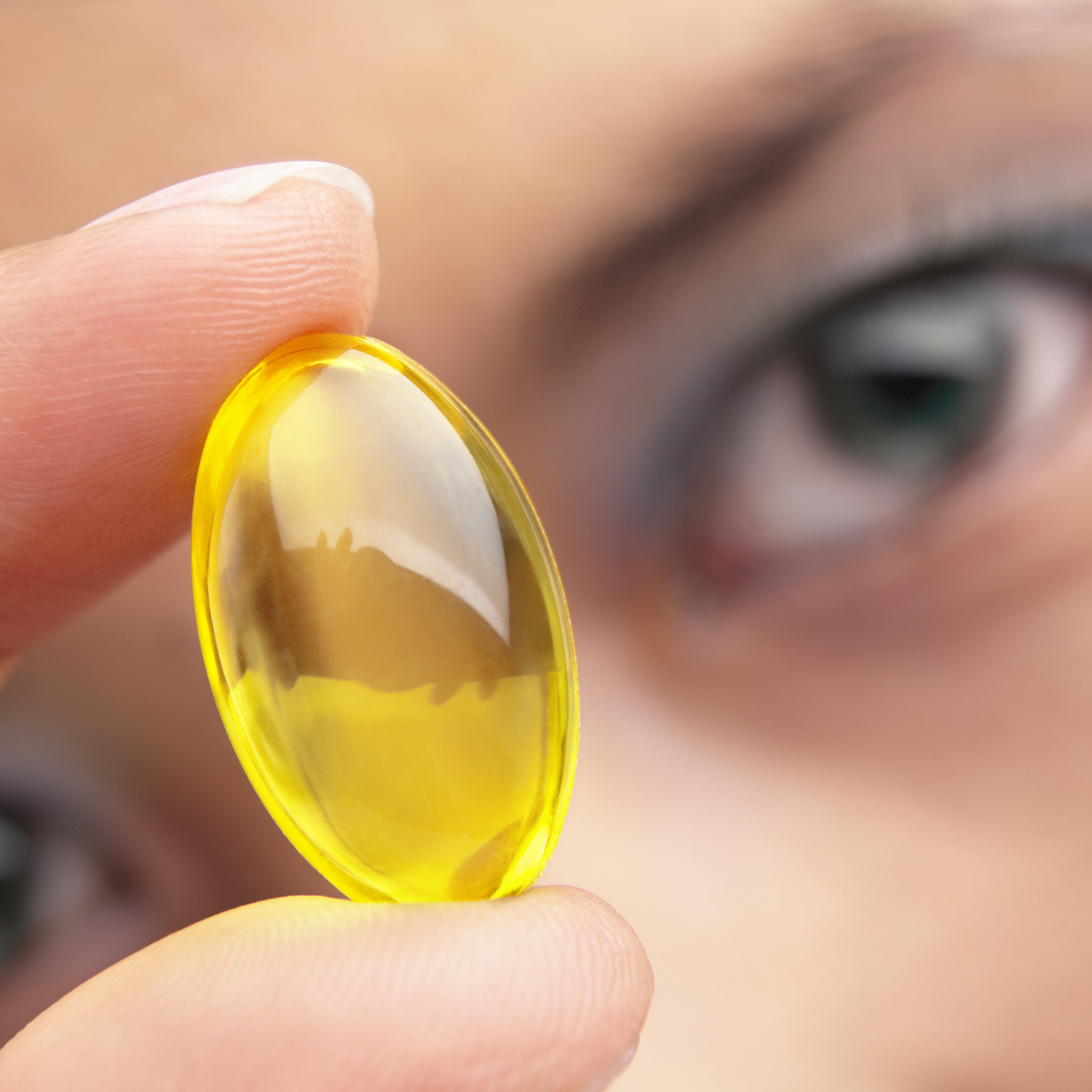
Eye Conditions at a Glance

People sometimes ask whether dietary supplements or other complementary health approaches might help prevent or delay the progression of eye diseases such as glaucoma, cataracts, diabetic retinopathy, and age-related macular degeneration. Let’s take a look at what the science says:
- Because January is National Glaucoma Awareness Month, let’s start with glaucoma. There’s little evidence to support using dietary supplements or other complementary approaches for this condition. If you have glaucoma, follow your eye doctor’s treatment instructions. Don’t use other approaches instead. Going without proper treatment could lead to permanent loss of vision.
- For age-related cataracts, studies have looked at a variety of dietary supplements, including selenium, vitamin E, vitamin C, and beta-carotene, to see whether they might delay the progression of this condition. Results have generally been disappointing. If supplements have any effect at all, it’s not large. A healthy diet may lower the risk of cataracts, though.
- No dietary supplements have been shown to be helpful for diabetic retinopathy.
- For age-related macular degeneration (AMD), two National Institutes of Health-sponsored studies have shown that dietary supplements containing vitamins C and E, zinc, copper, and either beta-carotene or lutein and zeaxanthin can help slow the progression of this disease in some cases. However, supplements are not helpful for everyone with this condition. For example, they’re not recommended for people with early-stage AMD. If you have AMD, talk with your eye doctor to find out whether it would be advisable for you to take a supplement.


































No hay comentarios:
Publicar un comentario